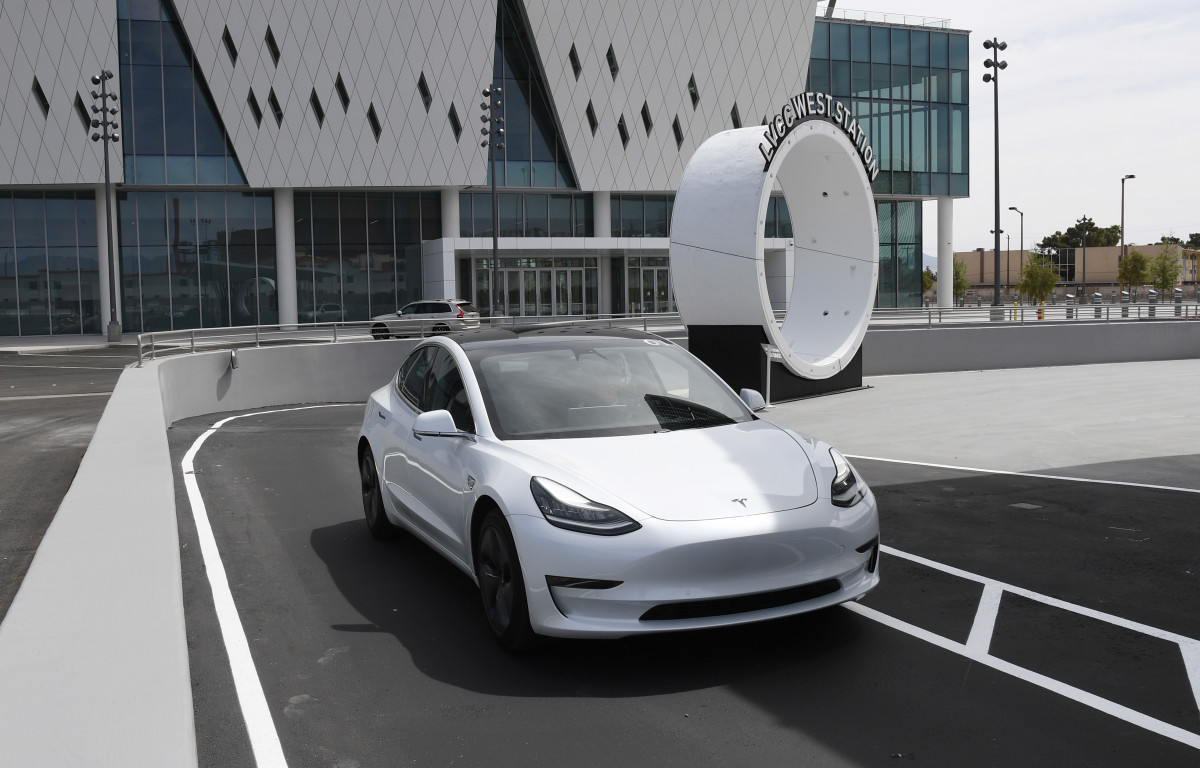
After bottoming out in 2022 at a low of around $100, shares of Tesla (TSLA) -) have been on a strong run throughout 2023. The stock, more than doubled for the year, is up roughly 108%.
Despite its strong performance for the year so far, the stock remains around 38% off of its 2021 all-time high share price of $407.
The reason behind this gap, according to Tesla Bull and managing partner of the Future Fund Gary Black, has to do with the price cuts that have defined Tesla's competitive reaction throughout 2023.
Related: Tesla bull highlights the worst thing to ever happen to its brand
Musk's price war, according to Cox Automotive, incited a wide decline in prices across the electric vehicle sector. It also, as of October, pushed the average Tesla price down 25% year-over-year.
During its third-quarter earnings call, Musk contended that the price cuts were the only possible response to high inflation, which impacts car loans.
"Interest rates have to come down," he said at the time. "If interest rates keep rising, you just fundamentally reduce affordability. It's just the same as increasing the price of the car."
Black wrote in a Saturday post on X, however, that the gap between Tesla's current stock price and its all-time high is not, as Musk wants to believe, due to interest rates. It's due, instead, to Musk's reaction to interest rates: the price war.
Tesla, he said, cut EV prices by 20% in the past year. Production volumes remained unchanged and earnings estimates plunged by about 40%.
The company, he said, could have done other things to combat inflation, such as offering select inventory discounts or buying down loan payments to boost affordability.
Related: Canada to make a big new move for the future of electric vehicles
"Instead, they went full bore and Tesla earnings and stock plunged," he said.
"Cutting price is a short-term tool to hold or grow volumes at the expense of long-term profitability so it produces a sugar high that quickly recedes as consumers get used to the lower prices," Black said. "In the end, cutting price is value destructive because of its permanence whereas advertising builds long-term brand equity."
Tesla's stock performance, Black added, is "self-inflicted."
The price cuts reduced earnings estimates which pushed down the stock. Higher interest rates, Black said, are not the culprit for poorer-than-desired performance.

Black maintained his $300 price target for Tesla, saying in a note that the Cybertruck, stabilizing auto gross margins, a coming next-gen vehicle and the Federal Reserve's pivot on interest rates all represent strong catalysts for the company's performance.
Tesla "chose the most short term, least creative action possible - cutting prices across the board," Black said. "It’s now behind us but let’s stop blaming exogenous factors for Tesla's stock price decline."
Black said last week that Musk's acquisition of Twitter was the worst thing to ever happen to the Tesla brand.
Shares of Tesla rose more than 1% Monday morning.
Related: Investors have finally had enough of Tesla CEO Elon Musk
Get exclusive access to portfolio managers’ stock picks and proven investing strategies with Real Money Pro. Get started now.







